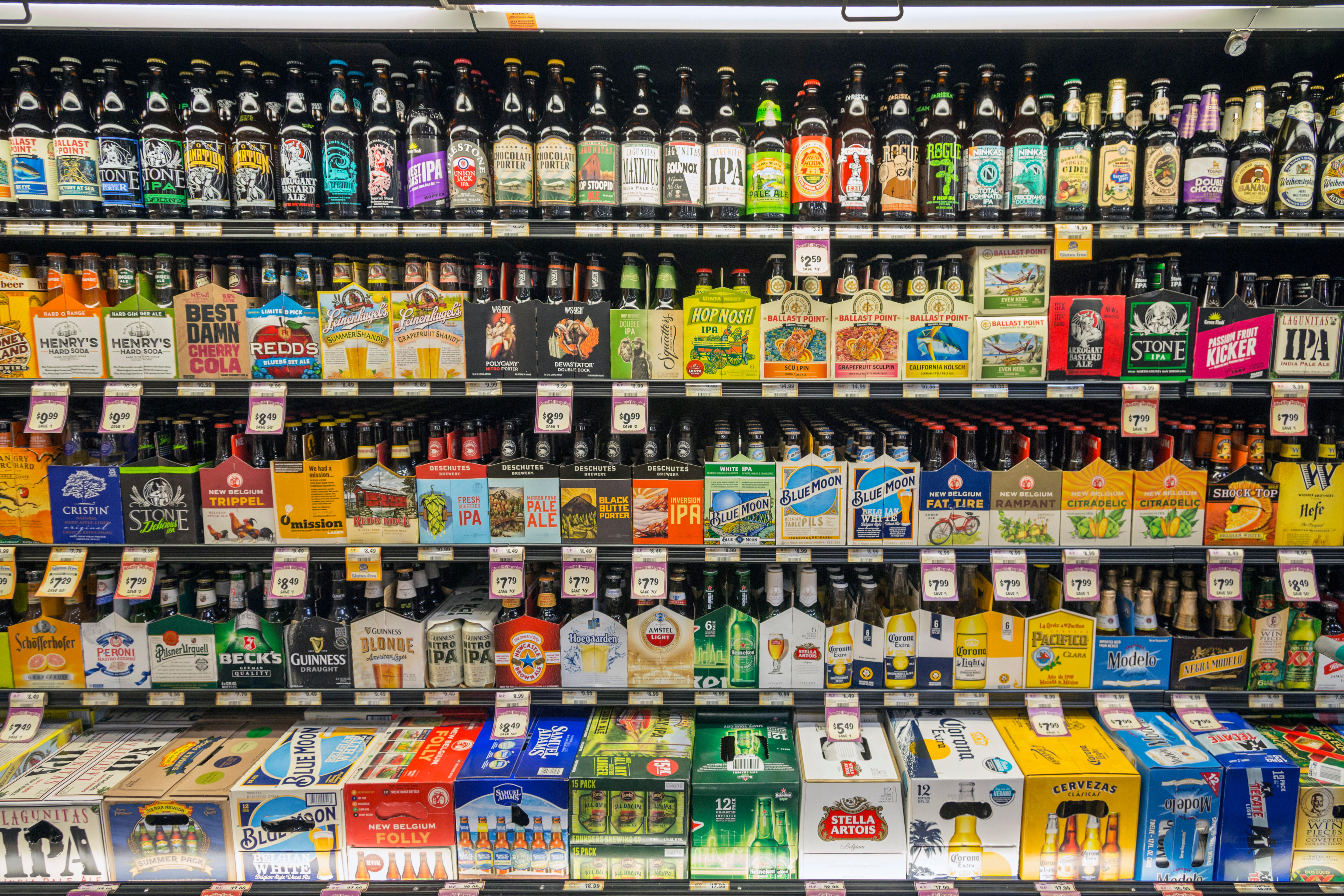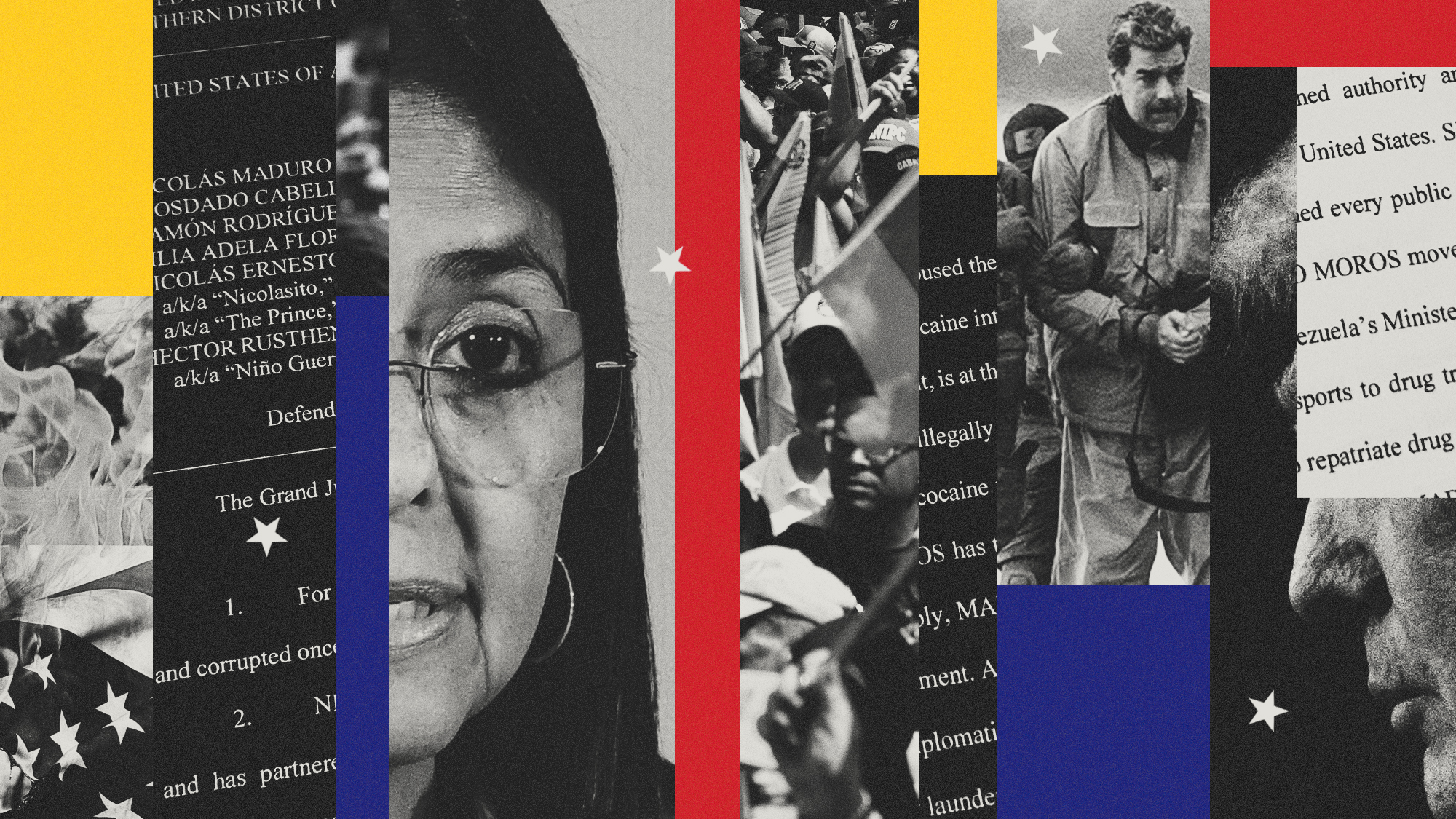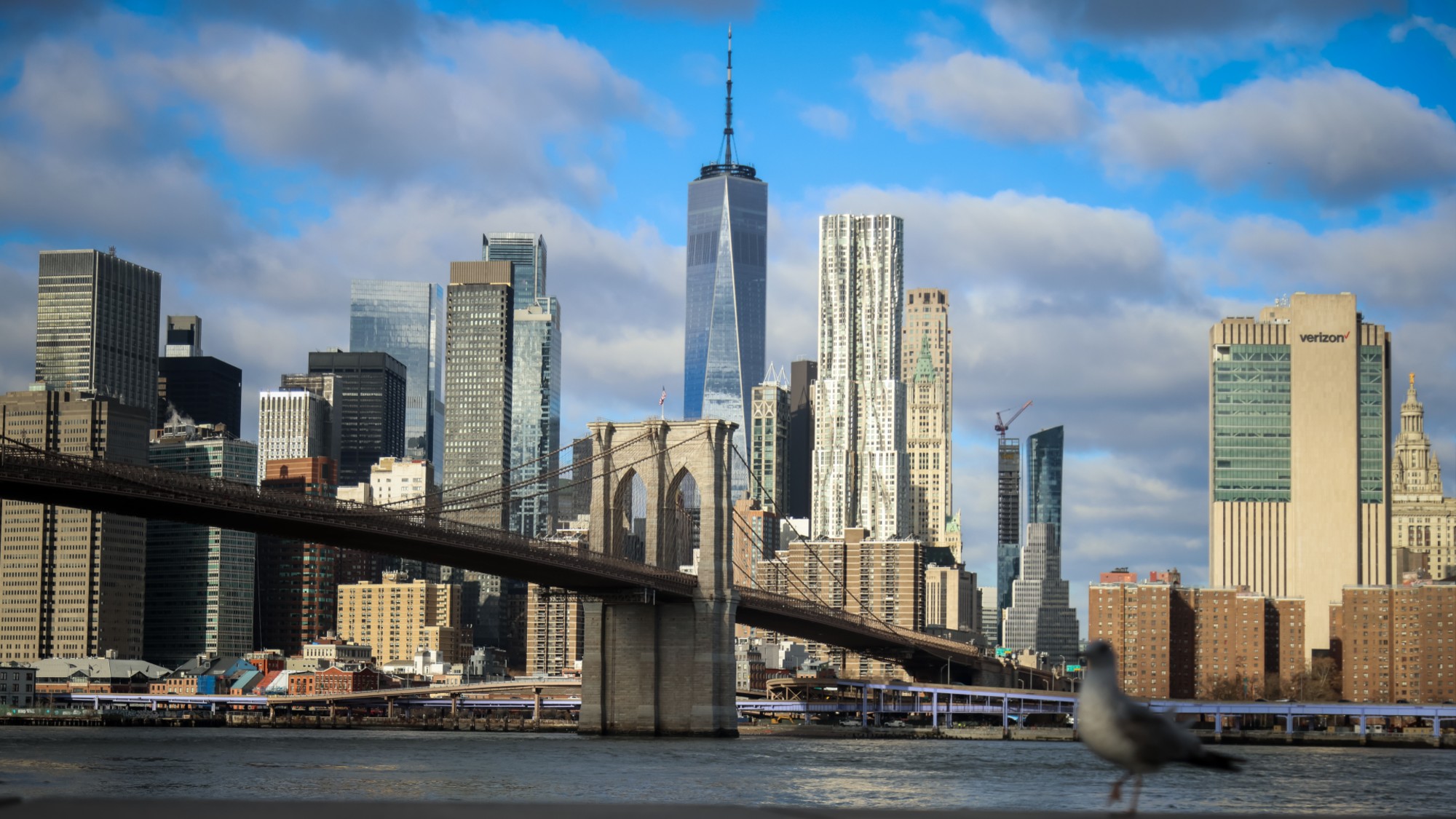What beer reveals about monopoly power
Put down the stein. This is serious.


Beer probably isn't the first thing people associate with big economic debates. But if you want to understand the corrosive influence of monopoly power on American society, it provides a handy lesson.
Judging simply by the beer selection at your local grocery store, it might seem like we're awash in brands and a hefty selection of craft beers. But it turns out a lot of those options are actually owned by the same small selection of beer-making giants.
As recently as 2000, the U.S. beer market had 22 major players. Then came a flurry of takeovers, buyouts, and mergers that reduced the number to four by 2012 — Anheuser-Busch InBev (AB InBev), SABMiller, Heineken, and Carlsberg. Between them they controlled three-fourths of the sales in the U.S., and 47 percent of the global market by volume (not to mention 74 percent of global profits).
The Week
Escape your echo chamber. Get the facts behind the news, plus analysis from multiple perspectives.

Sign up for The Week's Free Newsletters
From our morning news briefing to a weekly Good News Newsletter, get the best of The Week delivered directly to your inbox.
From our morning news briefing to a weekly Good News Newsletter, get the best of The Week delivered directly to your inbox.
Last year, AB InBev closed its merger with SABMiller. The latter company had to sell its stake in MillerCoors back to Molson Coors to make regulators happy. But even then, once AB InBev had acquired its former competitor, the newly created beer behemoth accounted for 30 percent of world market volume, and 60 percent of the world market's profits all by itself. Meanwhile, the Molson Coors and AB InBev one-two punch controlled 90 percent of America's domestic beer production.
The merger between AB InBev and SABMiller brought more than 400 beer brands under the same corporate umbrella. And that, of course, means all those beers aren't really "competing" with each other in any meaningful sense. In a capitalist market, the whole point of having all these options is that they discipline one another by fighting for customers, keeping prices down and quality up.
Not surprisingly, a long decline in beer prices reversed over the last few years.
The explosion of craft brewers remains a bright spot in the industry. But the growth of these smaller players has slowed markedly in recent years as well. As it is, they only control 9 percent of the domestic American market by sales, and 6 percent by volume. And the big beer makers are trying to slowly gobble them up as well.
A free daily email with the biggest news stories of the day – and the best features from TheWeek.com
Here's the kicker though. AB InBev is even buying up beer reviewing websites and delivery operations now.
ZX Ventures, the venture capital group that's entirely owned by AB InBev, "quietly bought a minority stake in RateBeer, a popular beer ratings website, last year," according to the Open Markets Institute. "Brewers soon learned that ZX Ventures had also invested in other beer review websites including October and The Beer Necessities. In the beginning of February, ZX Ventures also acquired Beer Hawk, a British online beer retail site."
This is sinister for rather obvious reasons. If a massive brewer can own a stake in a major beer rating site, it could well influence what beers that outfit recommends to customers in the first place. It wouldn't even need to own its smaller competitors; it could simply and subtly steer potential customers from ever discovering those competitors to begin with.
The brewer Dogfish Head was so upset by this development they asked that their beers be pulled from RateBeer's website.
Once you begin to look for it, you can see this problem of market access everywhere. Companies are squashing competition with raw size and buyouts, yes; but monopolies are also taking over the infrastructures and platforms by which competitors gain access to markets in the first place.
Just about all web traffic these days, especially news, has to make its way to consumers through one of two platforms: FaceBook or Google. The major telecom and cable companies we rely on to get our media to us have dwindled to a few powerhouses. Amazon controls a massive slice of the online retail market, and is now buying up grocers like Whole Foods, which provide the items sold through Amazon. And so on.
The straightforward version of monopoly power, plus the more specific form of market access control through vertical integration, used to be forbidden by U.S. antitrust enforcement. But in the last 40 years or so, regulators and courts alike have become far more lax. That's what allowed the flurry of beer-maker mergers to begin with. That SABMiller was required to spinoff Molson Coors before AB InBev acquired it was just the last, pathetic gasp of a regulatory system that used to prevent companies from controlling anything more than 7 percent of a given market. And under the old system, AB InBev's purchase of a stake in RateBeer would almost certainly have been scuttled as well.
Now it's not just big business' world, it's big business' markets. The rest of us just live — and drink our beer — here.
Editor's note: A previous version of this article misstated a few details of corporate ownership. It has since been corrected. We regret the error.
Jeff Spross was the economics and business correspondent at TheWeek.com. He was previously a reporter at ThinkProgress.
-
 Venezuela’s Trump-shaped power vacuum
Venezuela’s Trump-shaped power vacuumIN THE SPOTLIGHT The American abduction of Venezuelan President Nicolás Maduro has thrust South America’s biggest oil-producing state into uncharted geopolitical waters
-
 Most data centers are being built in the wrong climate
Most data centers are being built in the wrong climateThe explainer Data centers require substantial water and energy. But certain locations are more strained than others, mainly due to rising temperatures.
-
 ‘Maps are the ideal metaphor for our models of what the world might be’
‘Maps are the ideal metaphor for our models of what the world might be’Instant Opinion Opinion, comment and editorials of the day
-
 The pros and cons of noncompete agreements
The pros and cons of noncompete agreementsThe Explainer The FTC wants to ban companies from binding their employees with noncompete agreements. Who would this benefit, and who would it hurt?
-
 What experts are saying about the economy's surprise contraction
What experts are saying about the economy's surprise contractionThe Explainer The sharpest opinions on the debate from around the web
-
 The death of cities was greatly exaggerated
The death of cities was greatly exaggeratedThe Explainer Why the pandemic predictions about urban flight were wrong
-
 The housing crisis is here
The housing crisis is hereThe Explainer As the pandemic takes its toll, renters face eviction even as buyers are bidding higher
-
 How to be an ally to marginalized coworkers
How to be an ally to marginalized coworkersThe Explainer Show up for your colleagues by showing that you see them and their struggles
-
 What the stock market knows
What the stock market knowsThe Explainer Publicly traded companies are going to wallop small businesses
-
 Can the government save small businesses?
Can the government save small businesses?The Explainer Many are fighting for a fair share of the coronavirus rescue package
-
 How the oil crash could turn into a much bigger economic shock
How the oil crash could turn into a much bigger economic shockThe Explainer This could be a huge problem for the entire economy
